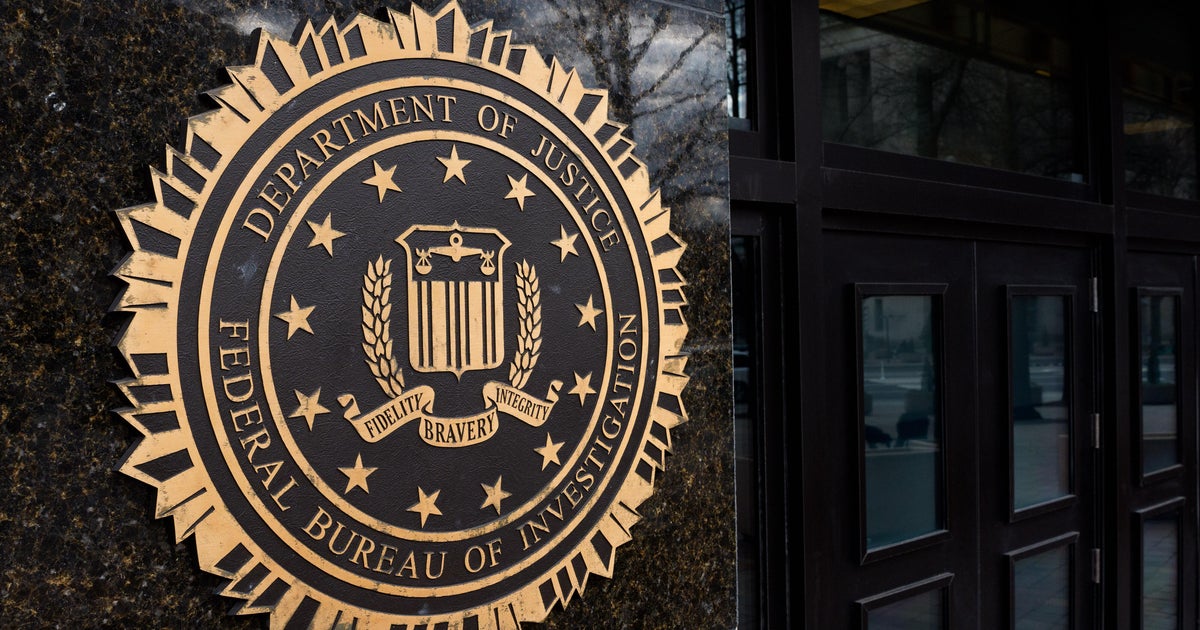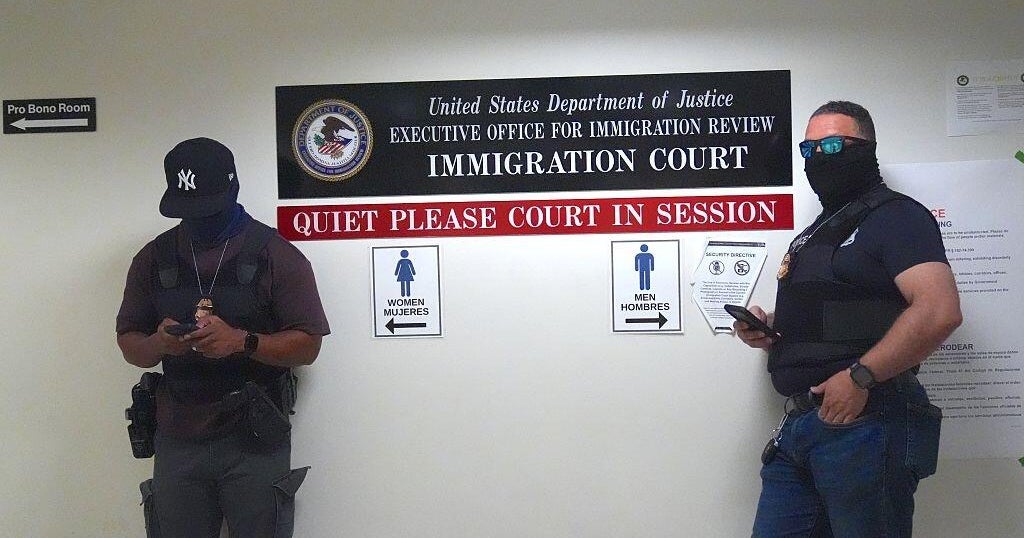Stormy Daniels amends complaint to include Trump attorney, defamation claim
Adult film star Stormy Daniels is now claiming that Trump attorney Michael Cohen defamed her by insinuating she had lied about her encounter with the president, according to court documents obtained by CBS News.
Daniels, whose real name is Stephanie Clifford, has now amended her legal complaint to include Cohen as a defendant to her pending case against President Trump. Daniels, who received $130,000 from Cohen just days before the 2016 election, filed suit in California earlier this month asking a court to throw out a non-disclosure agreement preventing her from discussing an alleged sexual encounter with Mr. Trump.
Daniels asked the court to nullify the agreement, claiming Mr. Trump never signed the document, and that it is null and void as a result. In the court filing, Daniels claims that she began an "intimate relationship" with Mr. Trump in 2006 that ended the next year. In October 2016, she accepted $130,000 from Cohen in exchange for her silence about the alleged relationship, according to the filing.
The defamation claim now cites statements Cohen had made back in February:
On or about February 13, 2018, Mr. Cohen issued a public statement...In it, he states in part: "Just because something isn't true doesn't mean that it can't cause you harm or damage. I will always protect Mr. Trump." Mr. Cohen's statement was made in writing and released by Mr. Cohen to the media with the intent that it be widely disseminated and repeated throughout California and across the country (and the world) on television, on the radio, in newspapers, and on the Internet. It was reasonably understood by those who read or heard the statement that Mr. Cohen's defamatory statement was about Ms. Clifford. Both on its face, and because of the facts and circumstances known to persons who read or heard the statement, it was reasonably understood Mr. Cohen meant to convey that Ms. Clifford is a liar, someone who should not be trusted, and that her claims about her relationship with Mr. Trump is "something [that] isn't true."
Following Daniels' tell-all interview with "60 Minutes" on her encounter with the president, David Schwarz, a lawyer for Cohen, told ABC's "Good Morning America" on Monday that Daniels had lied in her "60 Minutes" interview. Schwartz also says the suggestion by Daniels' lawyer, Michael Avenatti, that someone associated with Mr. Trump or his organization was behind a threatening incident in 2011 is "speculation" and "guesswork."
Daniels said in the "60 Minutes" interview that in 2011 man approached her in a parking lot as she was going to a fitness class with her daughter. She says the man told her: "Leave Trump alone. Forget the story."
In a separate letter sent to Avenatti by Cohen attorney Brent Blakley and obtained by CBS News, Blakley also disputed Daniels' account, and said his client did not believe Daniels had been threatened. "Mr. Cohen had absolutely nothing whatsoever to do with any such person or incident, and does not even believe that any such person exists, or that such incident ever occurred," Blakley said.
In addition to accusing Cohen of defamation, Daniels has amended her original argument that the confidentiality agreement was non-binding because it lacked Mr. Trump's signature. She now contends that the payment violated federal campaign finance laws that impose limits on campaign donations and require those donations to be publicly reported:
The Hush Agreement, and the $130,000 payment made pursuant to the agreement, was for the "purpose of influencing" the 2016 presidential election by silencing Plaintiff from speaking openly and publicly about Mr. Trump just weeks before the 2016 election. Defendants plainly intended to prevent American voters from hearing Plaintiff speak about Mr. Trump. This $130,000 payment was a thing "of value" and an "in-kind" contribution exceeding the contribution limits in violation of FECA and FEC regulations.
According to court documents, Daniels' filing also now demands a "trial by jury" to settle the case in court.



